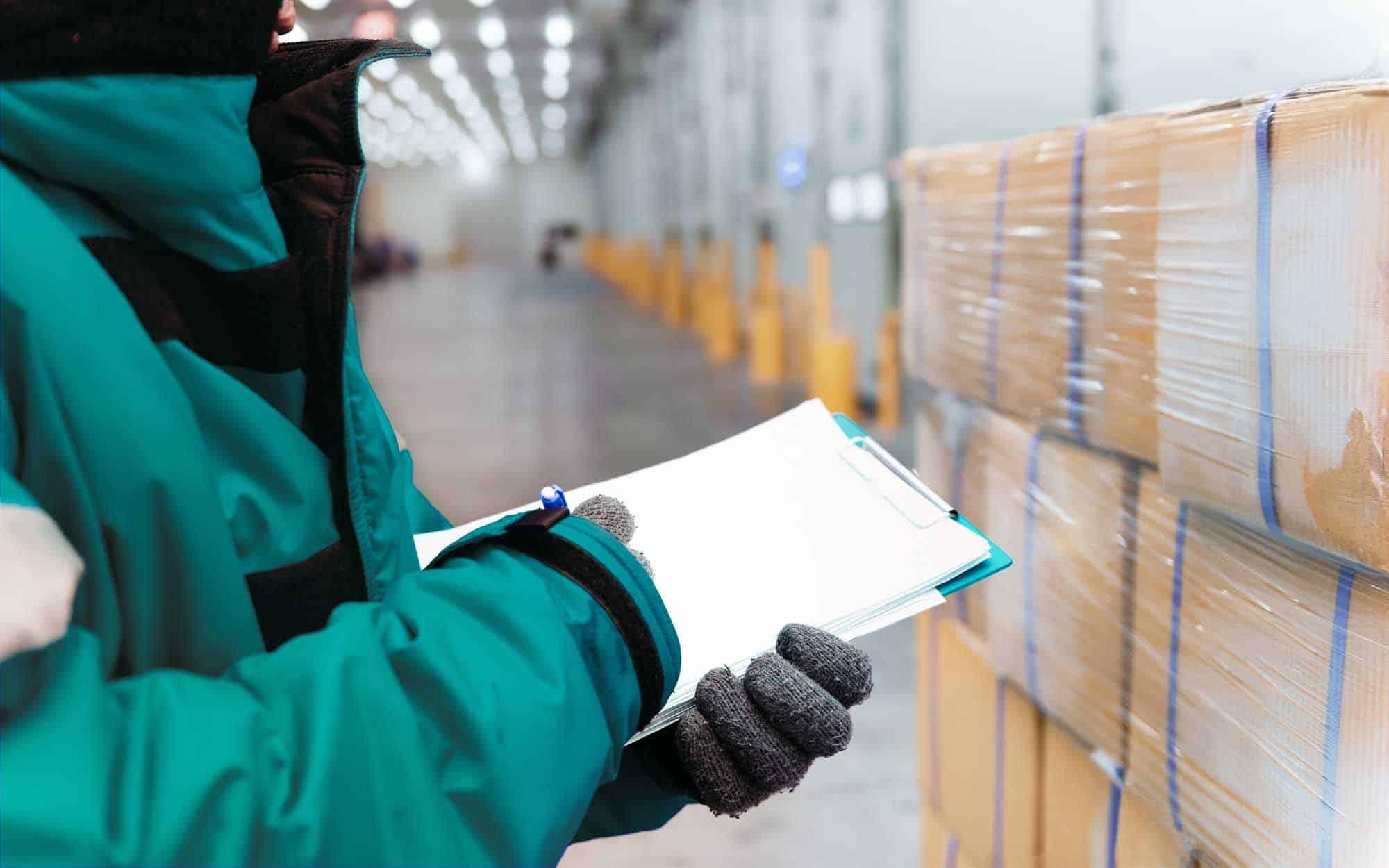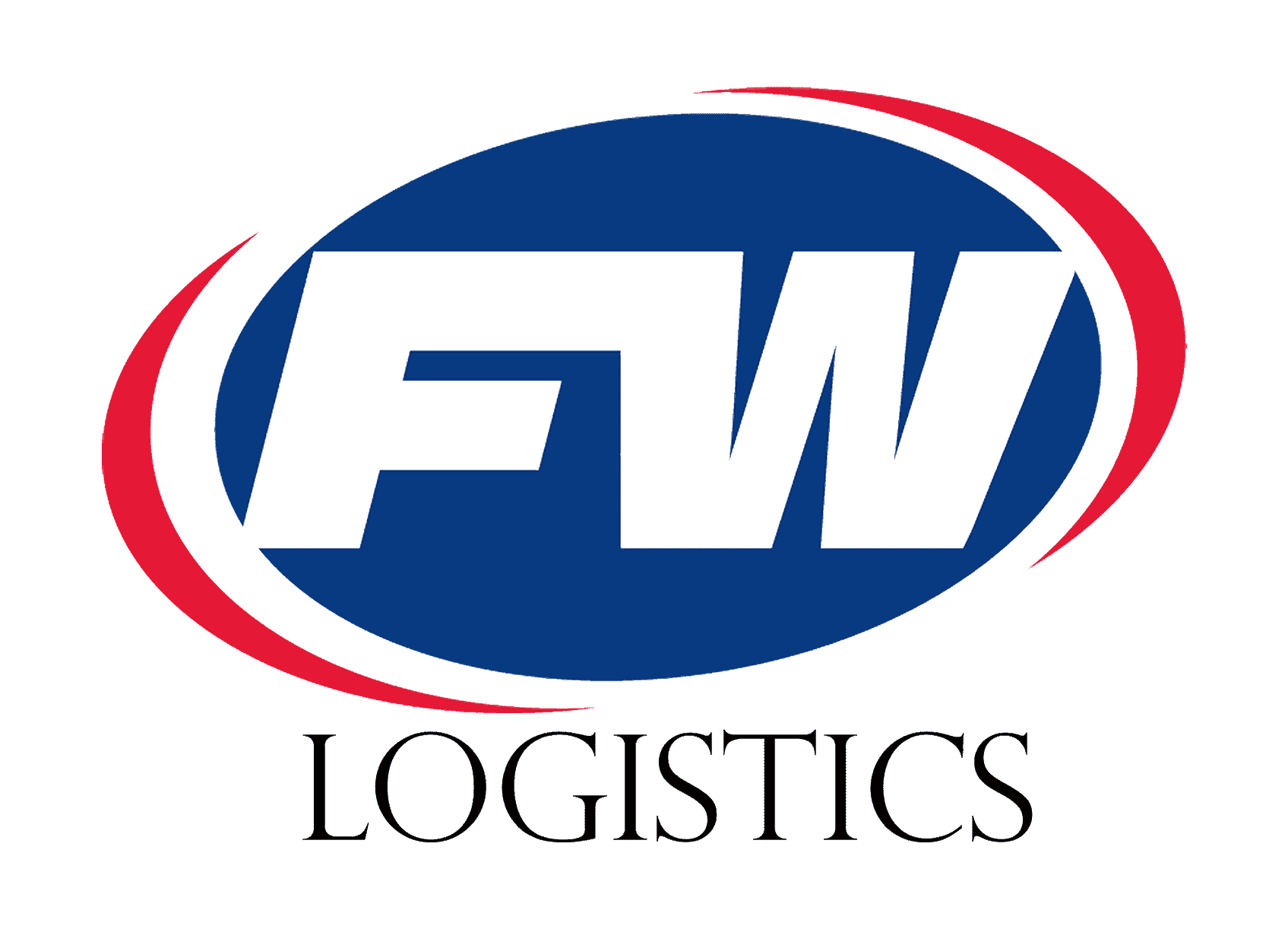
The Midwest has lots of unpredictable weather—but that shouldn’t affect your food storage options. If you’re a Midwest business owner with concerns about proper cold storage solutions for your food, keep reading for tips on:
- How to make sure you’re storing your food products correctly
- The most efficient types of cold storage warehouses
- Cold storage warehouse requirements you should be looking for
- Midwest warehouses you should partner with
Am I Storing My Food Correctly?
Operating a business in the food industry comes with many challenges. Making sure your food gets from point A to B as it flows through the food distribution system is already a hassle, and preventing it from going bad during handling and storage is nearly impossible if your trusted warehouse isn’t using the proper equipment.
As a vendor or supplier, you should question if you’re partnering with a quality food-grade warehouse. Consider the final stage of the supply chain—the consumers. Millions of people indulge in restaurants where they can wine, dine, and enjoy quality food. If their needs aren’t met, you’re jeopardizing your business’s success.
Verify Your Process
Before partnering with any warehouse, use this checklist to verify your food product is in good hands.
- Check if your warehouser is using supply chain optimization
- Verify your warehouse is registered with the Food and Drug Administration (FDA)
- Question if your warehouse is in an accessible location for quick distribution
Temperature-Controlled Warehouses: a Key Factor in Food Storage
As you vet your food-grade warehouse, you should consider the most important factor in proper food storage: temperature regulation. A reliable temperature-controlled warehouse is essential in the food service industry.
Many factors can play a part in poor-quality food, like the food being left out on a loading dock for too long or getting damaged during handling. But most often, an inaccurately temperature-controlled warehouse is what ruins your perishable goods.
Choose a warehouse with enough cooling equipment to handle the quantity of food.
Proper warehousing has lots of components, and it shouldn’t be taken lightly. We’ve prepared lots of resources for maintaining the highest food-grade standards.
Types of Cold Storage Solutions
Many cold storage solutions can keep your refrigerated goods at their best, including:
- State-of-the-art refrigerated containers
- Blast freezers and chillers
- Cold rooms
- Pharmaceutical-grade storage
- Dedicated cold storage facilities
These solutions address the common challenges many Midwest warehouses face when trying to store food. Seasonal temperatures outside can affect the food inside a warehouse, and if a state like Indiana is prone to extreme jumps in climate within a week, maintaining temperature-controlled storage is a full-time job.
Cold Storage Warehouse Requirements
The Food and Drug Administration (FDA) requires that all facilities in the industry meet specific criteria:
- All food manufacturing, including packaging and storage, shall be conducted under such conditions and controls as are necessary to minimize the potential for the growth of microorganisms or the contamination of food. One way to comply with this requirement is careful monitoring of physical factors such as time, temperature, humidity, aw, pH, pressure, flow rate, and manufacturing operations such as freezing, dehydration, heat processing, acidification, and refrigeration to ensure that mechanical breakdowns, time delays, temperature fluctuations, and other factors do not contribute to the decomposition or contamination of food.
- Equipment, containers, and utensils used to convey, hold, or store raw materials, work-in-process, rework, or food shall be constructed, handled, and maintained during manufacturing or storage in a manner that protects against contamination.
FW Logistics follows all FDA guidelines related to cold storage warehouse requirements by monitoring the temperature and humidity of every refrigerated warehouse we manage. Our warehouses are certified to store food, ingredients, containers, and beverages.
We frequently undergo independent AIB inspections to uphold our standards and stay up-to-date on industry trends. Additionally, we hold several food-grade warehousing certifications for providing our clients with the best food-grade storage solutions.
Our Midwest Heavy-Hitters
If you need a food-grade warehouse to partner with, you can rely on FW Logistics. Here are some of our beloved facilities in the Midwest.
Take Advantage of Our Memphis Cold Storage
FW Logistics in Memphis, Tennessee, is located in the middle of the country and offers all the amenities you need to keep many products at their best in a temperature-controlled warehouse.
Our climate-controlled cold storage Memphis facility can keep many foods at an optimal temperature, like:
- Perishable Foods
- Wine
- Ice Cream
- Meat
- GMP Food-Grade Products
- Candy
- Pick and Pack Products
Maintain Your Product in Montezuma, Georgia
Cold storage is essential when you need to keep products near end users but don’t have an immediate need for them. Whether you need blast freezing in 18-24 hours or products to be frozen, our Montezuma, Georgia location is perfect. FW Logistics specializes in customized 3PL custom-made solutions to fit your desired workflow.
Consider FW Logistics for Your Cold Storage Solutions
Regarding the Midwest, we have all the right temperature-controlled warehouse solutions. We’re a family-owned and operated logistic service provider that’s been providing specialized services for over 70 years. Our services aren’t limited to just three states, either. We have multiple locations across the nation, including Illinois, North Carolina, and Missouri.

